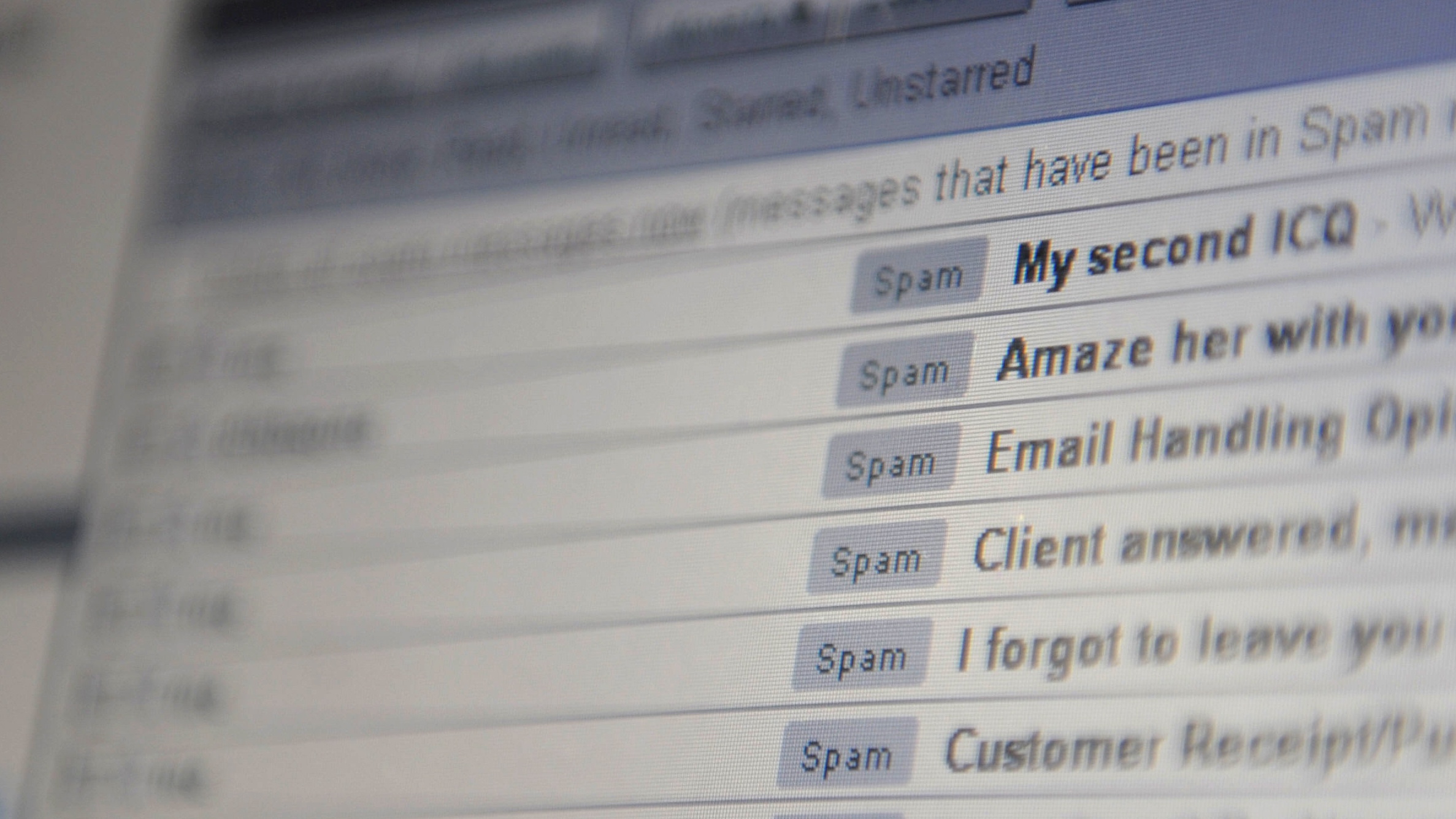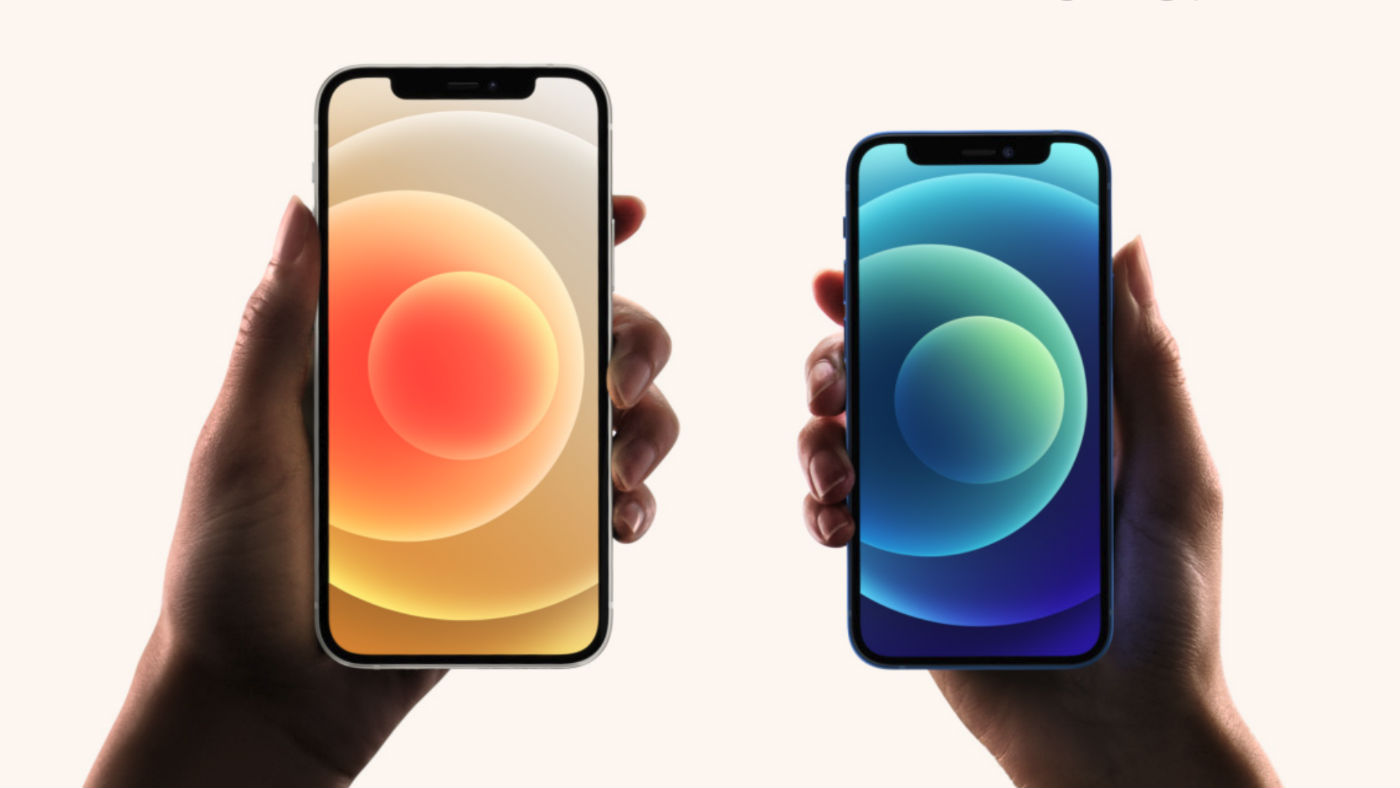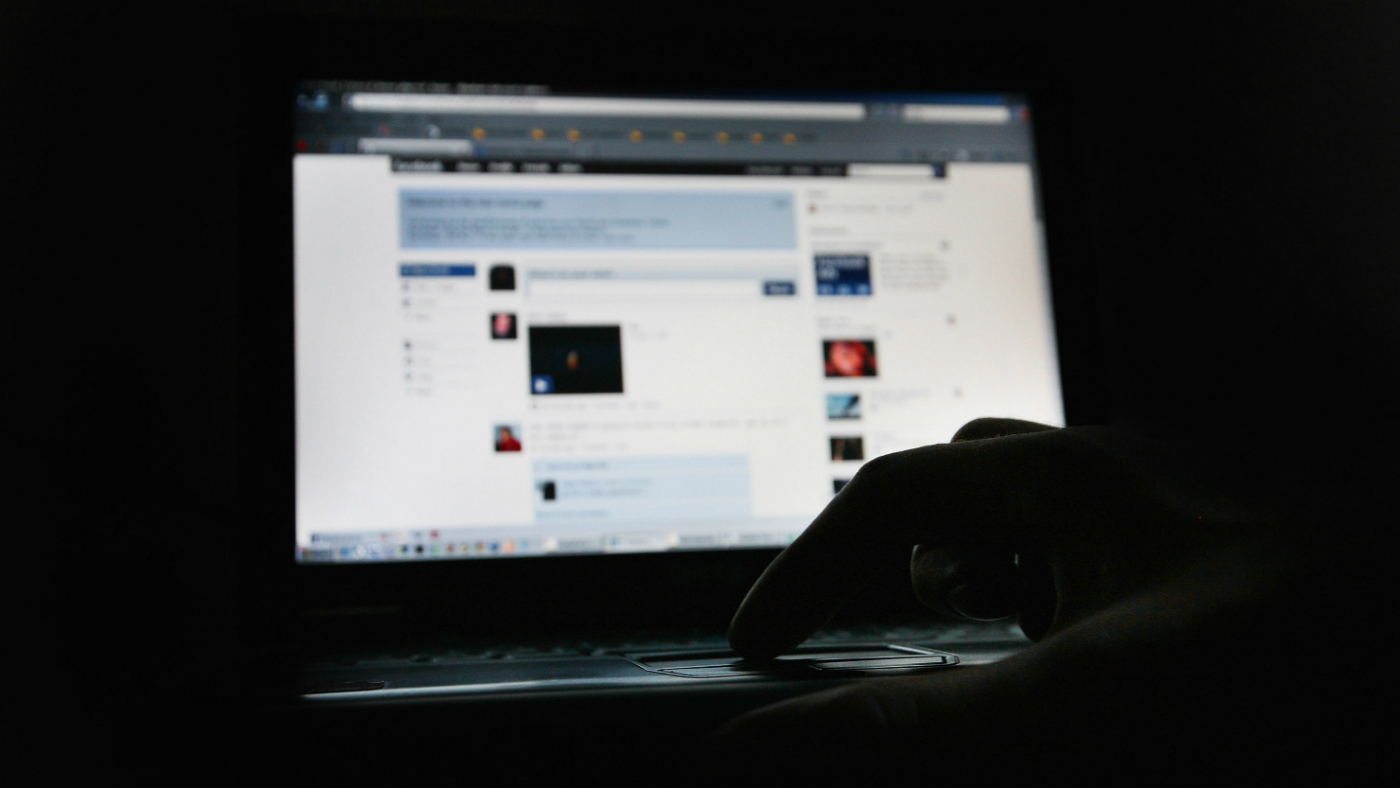First 'touchable' hologram created in Japan
Advancements in haptic technology could revolutionise online communication
A free daily email with the biggest news stories of the day – and the best features from TheWeek.com
You are now subscribed
Your newsletter sign-up was successful

Scientists in Japan have created the first 'touchable' hologram, enabling users to experience the illusion of touching objects that aren't really there.
The Haptoclone, created by haptic researchers from the University of Tokyo's Department of Complexity Science and Engineering, consists of two boxes, one containing an object and the other displaying a hologram of it.
When a human hand comes into "contact" with the 3D image in the second box, the hologram emits ultrasonic radiation pressure, making the user feel they are actually touching the object. Meanwhile, special aerial imaging panels act like a kind of mirror, making a hologram of the hand appear visually in the other box, too, so it can "interact" with the original object.
The Week
Escape your echo chamber. Get the facts behind the news, plus analysis from multiple perspectives.

Sign up for The Week's Free Newsletters
From our morning news briefing to a weekly Good News Newsletter, get the best of The Week delivered directly to your inbox.
From our morning news briefing to a weekly Good News Newsletter, get the best of The Week delivered directly to your inbox.
The technology seems remarkably realistic – a Gizmodo reporter said she could tell that the holographic ball she was interacting with was made of inflated plastic just by "touching" it.
For the moment, Haptoclone is limited due to it only being able to emit safe levels of radiation, meaning the tactile sensations are reduced to a light stroking rather than a handshake or a hug.
"The [level] of ultrasound we're currently using is very safe, but if it's too strong, ultrasound can damage the insides of the human body, such as the nerves and other tissues," Hiroyuki Shinoda, a professor at the university, told Motherboard. "We have to consider the limitations."
Scientists believe the next step will be to increase the use of the technology across all forms of communication, allowing users to give virtual hugs, handshakes and high fives through the internet.
A free daily email with the biggest news stories of the day – and the best features from TheWeek.com
"It would be great to allow people in different locations to communicate with one another while experiencing a sense of touch. Imagine if you were in a zoo and there was a lion on the other side of the glass that you could have the sensation of touching," said researcher Yasutoshi Makino.
-
 6 of the world’s most accessible destinations
6 of the world’s most accessible destinationsThe Week Recommends Experience all of Berlin, Singapore and Sydney
-
 How the FCC’s ‘equal time’ rule works
How the FCC’s ‘equal time’ rule worksIn the Spotlight The law is at the heart of the Colbert-CBS conflict
-
 What is the endgame in the DHS shutdown?
What is the endgame in the DHS shutdown?Today’s Big Question Democrats want to rein in ICE’s immigration crackdown
-
 How cybercriminals are hacking into the heart of the US economy
How cybercriminals are hacking into the heart of the US economySpeed Read Ransomware attacks have become a global epidemic, with more than $18.6bn paid in ransoms in 2020
-
 Language-learning apps speak the right lingo for UK subscribers
Language-learning apps speak the right lingo for UK subscribersSpeed Read Locked-down Brits turn to online lessons as a new hobby and way to upskill
-
 Brexit-hobbled Britain ‘still tech powerhouse of Europe’
Brexit-hobbled Britain ‘still tech powerhouse of Europe’Speed Read New research shows that UK start-ups have won more funding than France and Germany combined over past year
-
 Playing Cupid during Covid: Tinder reveals Britain’s top chat-up lines of the year
Playing Cupid during Covid: Tinder reveals Britain’s top chat-up lines of the yearSpeed Read Prince Harry, Meghan Markle and Dominic Cummings among most talked-about celebs on the dating app
-
 Brits sending one less email a day would cut carbon emissions by 16,000 tonnes
Brits sending one less email a day would cut carbon emissions by 16,000 tonnesSpeed Read UK research suggests unnecessary online chatter increases climate change
-
 Reach for the Moon: Nokia and Nasa to build 4G lunar network
Reach for the Moon: Nokia and Nasa to build 4G lunar networkSpeed Read Deal is part of the US space agency’s plan to establish human settlements on the lunar surface
-
 iPhone 12 launch: what we learned from the Apple ‘Hi, Speed’ event
iPhone 12 launch: what we learned from the Apple ‘Hi, Speed’ eventSpeed Read Tech giant unveils new 5G smartphone line-up
-
 Russian agency behind US election meddling ‘created fake left-wing news site’
Russian agency behind US election meddling ‘created fake left-wing news site’Speed Read Facebook says real reporters were hired by fake editors to write about US corruption